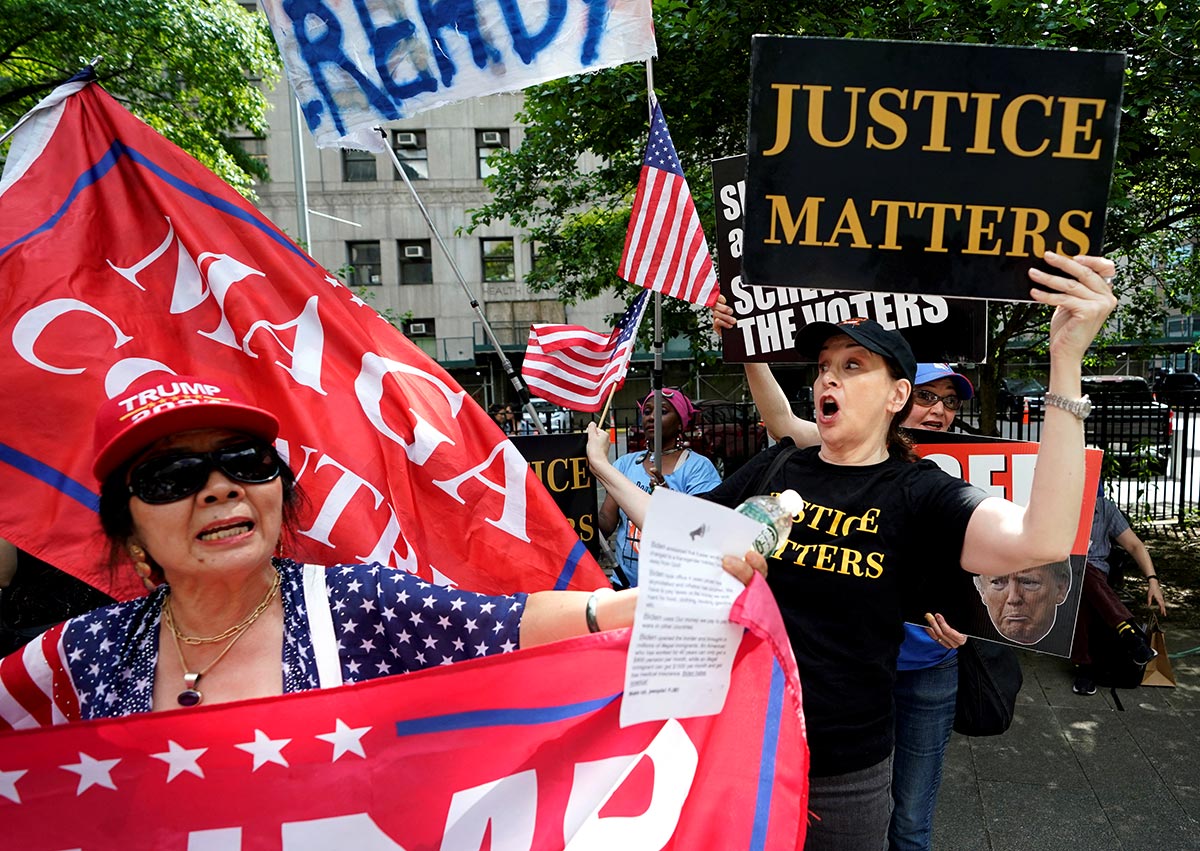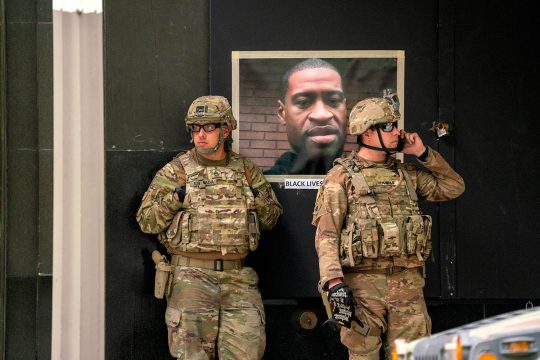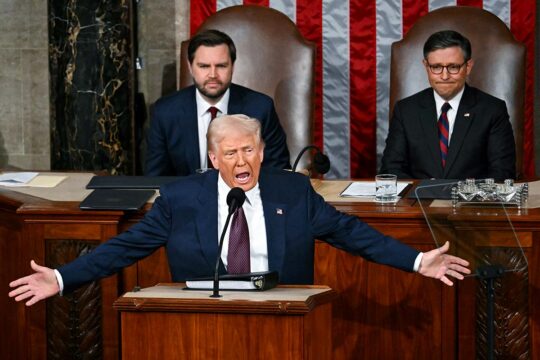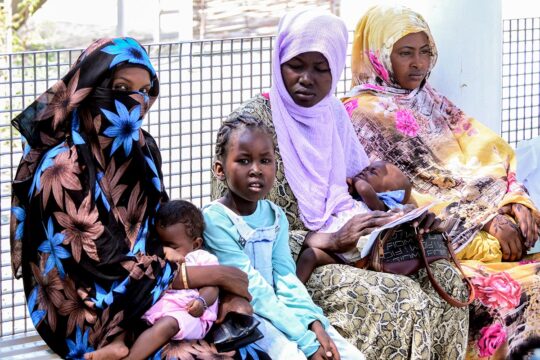
If there is a strong sense that there will be a before Trump II and an after – for the United States as well as for the world – this podcast will stand as how America was right before.
It was recorded by our partners at Asymmetrical Haircuts last October, before Donald Trump won the U.S. presidential elections (and before the fall of Assad in Syria). Their guest is Carmen Cheung Ka-Man, the executive director of the Centre for Justice and Accountability (CJA), an NGO and a major actor in bringing cases of international crimes before U.S. courts. In short, a leading force behind universal jurisdiction litigation in the U.S.
There has always been significant activity in the U.S. courts dealing with serious crimes committed abroad, using different legal avenues. In 2022, following the invasion of Ukraine by Russia, a bill was passed by the U.S. Congress strengthening the War Crimes Act to allow the U.S. to put on trial anyone in their territory suspected of war crimes, even if the crime was overseas and even if the victim was not American. Under previous version of that law , authorities in the U.S. could only prosecute war crimes if the alleged perpetrator or victim were a U.S. national.
“Prior to the 2022 amendment to the War Crimes Act, we still had federal statutes that allowed for jurisdiction over certain offences, such as torture. I think what the United States had up to that point was a patchwork of legislation,” Cheung explained. “It has for far too long relied on immigration law and administrative offences to address core international crimes. The fact that we did not have jurisdiction for grave breaches of the Geneva Conventions did create a loophole and a gap in coverage. And so the 2022 amendment does do that. However, it doesn't do everything that we needed to do. It might bring us in line with Geneva [Conventions], but it doesn't bring us in line with contemporary international criminal law and how we think of universal jurisdiction and how core international crimes should be prosecuted at the domestic national level.” The big gap remains that the U.S. still has not enacted any sort of statute relating to crimes against humanity.
But laws aren’t enough. Political will matters greatly, noted Cheung. “While these laws give us more ability as a technical matter to bring these cases and to see these cases brought by the Department of Justice, there remains a real question about where's the political will in investigating the full range of crimes.”
And Cheung anticipated some of the challenges ahead with a Trump presidency. “We use international human rights law in U.S. courts to litigate our cases. And our ability to do that really depends on the makeup of our judiciary. One of the key things that presidents can do is appoint federal judges or nominate federal judges for appointment. And so one of the things that I think we don't pay enough attention to is really the makeup of our courts and the impact that it has on our ability to domesticate international human rights law in U .S. courts.”
Surely that will justify to meet Cheung again in a couple of years from now, to assess how the U.S. international justice landscape looks like after Trump II.

 ASYMMETRICAL HAIRCUTS
ASYMMETRICAL HAIRCUTS
This podcast has been published as part of a partnership between Justice Info and Asymmetrical Haircuts, a podcast on international justice produced from The Hague by journalists Janet Anderson and Stephanie van den Berg, who retain full control and independence over the contents of the podcast.





